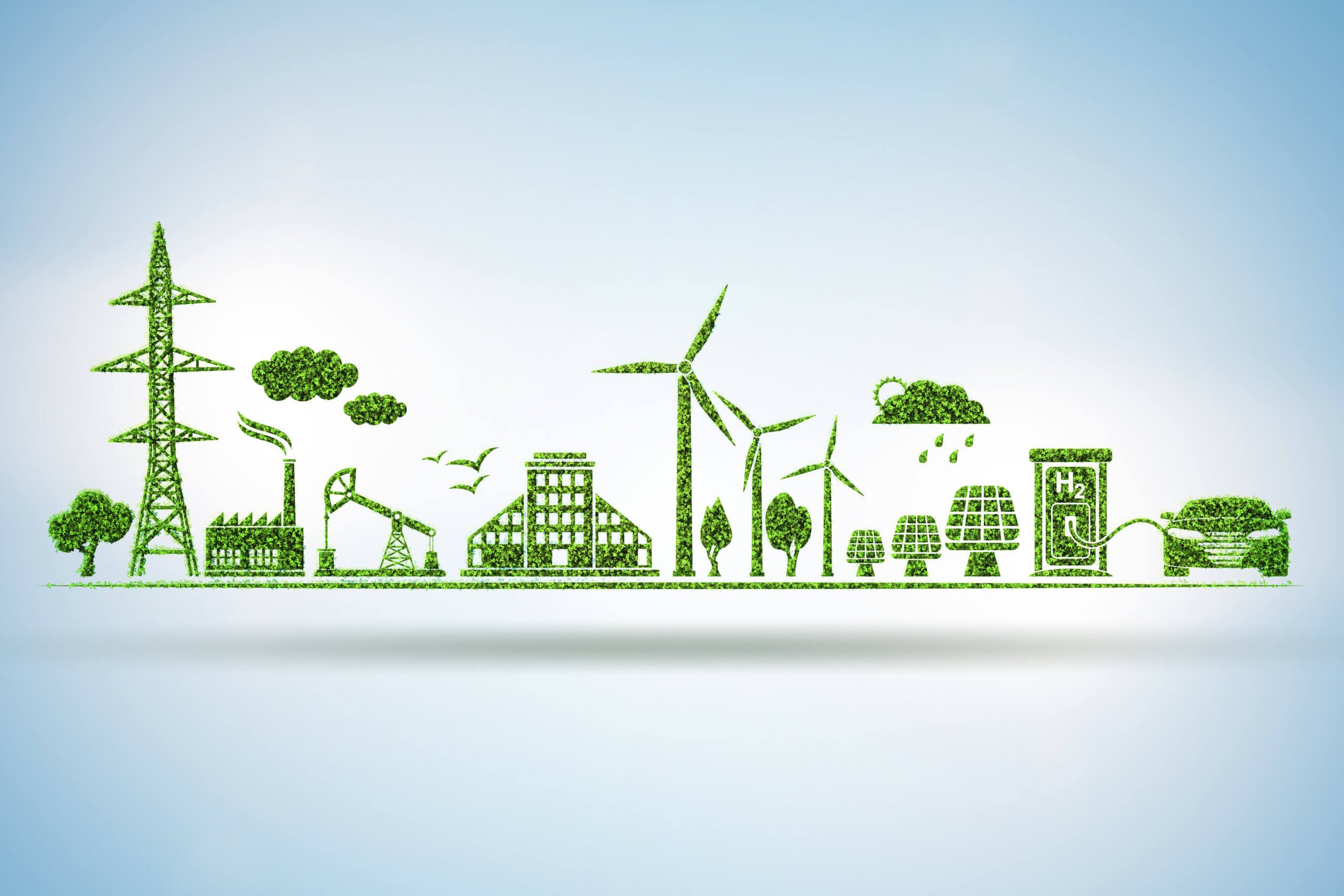CO2 Storage and Delivery: Stanlow and Eni UK Sign Pact in 2023

CO2 Storage and Delivery: Stanlow and Eni UK Sign Pact in 2023
With Eni UK, Stanlow Terminals, a member of the Essar Group and a provider of bulk liquid storage, will investigate CO2 collecting, transportation, and storage options. With Eni UK, Stanlow Terminals, a member of the Essar Group and a provider of bulk liquid storage, will investigate CO2 collecting, transportation, and storage options.
The CO2 will subsequently be transported to the carbon storage and transportation facilities being built by Eni UK in the UK’s North West area. The British division of the international energy company Eni is called Eni UK. The businesses will look at potential open-access CO2 transport and storage facility locations.

This terminal will transport CO2 from many sources, including industrial emitters and other sources, and store it there.
Following Stanlow Terminal’s decision to build open-access green ammonia facilities on the River Mersey, the deal supports Essar Energy Transition’s goal of becoming the region’s premier integrated energy transition centre.
Stanlow is a component of Essar Energy Transition, which will spend $3.6 billion on various low-carbon energy transition projects over the following five years. At its locations in England’s North West, $2.4 billion will be added.
The increasing concentration of CO2 in the Earth’s atmosphere has raised concerns about its impact on the global climate. Addressing this challenge, corporations and governments are exploring various technologies and partnerships to capture and store carbon dioxide effectively.
One such significant development in 2023 is the agreement between Stanlow and Eni UK to collaborate on CO2 storage and delivery. This article sheds light on this collaboration and the broader context of CO2 storage.

In 2023, Stanlow, a prominent energy company, and Eni UK, a key player in the European energy market, signed a pact to jointly advance their carbon capture, utilization, and storage (CCUS) ambitions. The collaboration aims to reduce their operations’ carbon footprint and establish a framework for a more comprehensive industrial application of carbon storage technology.
Both parties will leverage their resources and infrastructures to create a seamless network for capturing, transporting, and storing CO2—joint efforts in advancing the technology behind CCUS, enhancing efficiency and reducing costs.
We are working together to advocate for favourable regulations and policies that can expedite the deployment of carbon storage solutions across industries.
To understand the significance of the Stanlow-Eni UK partnership, it’s essential to delve into the realm of CCUS.
CCUS encompasses a series of technologies designed to capture carbon dioxide emissions at their source. Power plants or industrial facilities. Once charged, the CO2 can either be
Typically, CO2 is injected deep underground in geological formations where it can remain safely for millennia. The captured CO2 can also be used in various processes, such as enhanced oil recovery or as a raw material in producing fuels, plastics, or chemicals.
As a direct approach to reducing greenhouse gas emissions, CCUS can play a crucial role in achieving the targets set by the Paris Agreement. Industries such as steel, cement, and chemicals produce significant CO2 emissions, and CCUS offers a viable solution to curb these.
While renewable energy sources are gaining traction, there’s a transitional period where fossil fuels will still play a role. CCUS can help mitigate the impact during this phase.

Given the combined strengths of Stanlow and Eni UK, this collaboration is poised to make significant strides in the CCUS sector. The development and deployment of CCUS technology can lead to job creation and economic growth in regions where these projects are implemented.
Successful implementation can act as a blueprint for other companies and industries, encouraging wider adoption of CCUS.
As more industries and power plants employ CCUS, there’s potential for a substantial reduction in CO2 emissions, contributing significantly to global climate goals.
The partnership between Stanlow and Eni UK signifies the growing recognition of the role CCUS can play in combating climate change. While technological and economic challenges still exist, such collaborations are a step in the right direction, paving the way for a sustainable future.

The coming years will undoubtedly reveal the full impact of this agreement on the global efforts to mitigate the adverse effects of climate change.




